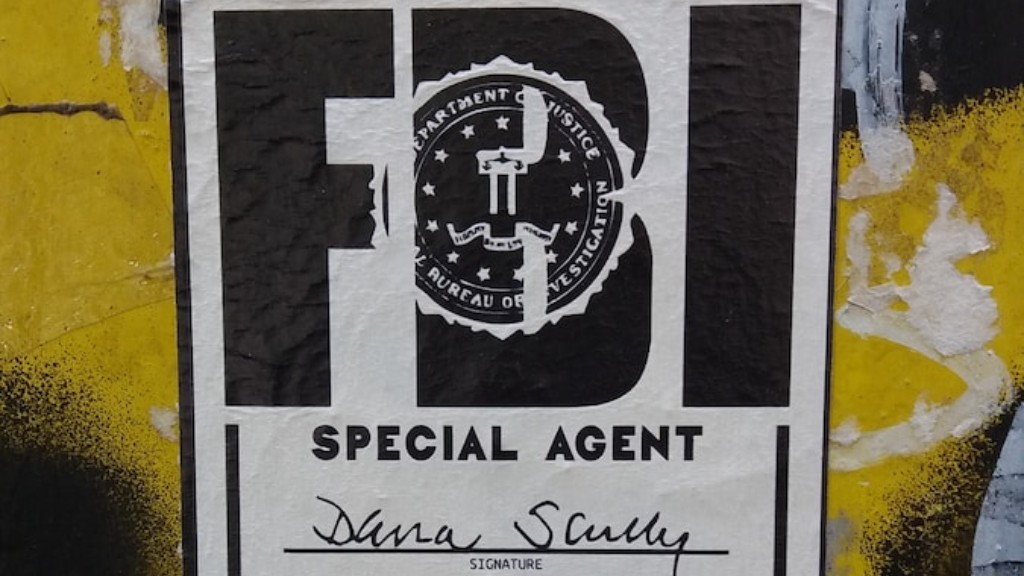Introduction
Becoming a CIA agent requires a combination of education, rigorous training, and determination. CIA agents are responsible for collecting and analyzing intelligence to protect the United States and its interests. The path to becoming a CIA agent requires a certain level of specialized training and education.
Education
An aspiring CIA agent must have a college degree in order to be considered for CIA employment. Many CIA agents have history, political science, or international relations degrees. A degree in a language is also beneficial for a CIA agent, since knowledge of foreign languages can be immensely beneficial in the CIA.
The CIA also prefers applicants who have extensive international experience, such as study abroad and internships. These experiences are seen as beneficial for aspiring CIA agents, since they provide first-hand knowledge of international cultures, customs, and language.
Testing
The CIA requires all prospective agents to take a few different tests in order to be considered for employment. These tests include an aptitude battery test, an English language test, and an elaborate polygraph exam. The battery test measures a candidate’s “verbal, analytical ideation, mathematical, and spatial abilities”.
The polygraph test is used to verify a candidate’s information and eliminate any potential problems. During the test, a candidate will be asked questions about a variety of topics related to their past and character. The English language test is also used to assess a candidate’s command of the English language.
Training
Once a candidate passes the tests, they must go through several weeks of intensive training. This training includes a variety of tasks such as “self-defense, firearms training, and foreign languages”. Depending on the candidate’s intended assignment, they may also receive additional training.
The training is rigorous and grueling and it is designed to test the mettle of a candidate and prepare them for actual assignments. It is essential for a prospective CIA agent to understand the complexities and dangers involved in carrying out an assignment.
Skills and Qualifications
In addition to the required education and training, CIA agents must also possess specialized skills and qualifications that are essential to the job. These include excellent communication skills, analytical abilities, creativity, and problem-solving skills. CIA agents must also be adept at multi-tasking and have a good understanding of international affairs and politics.
Mentorship
Every CIA agent is assigned a mentor to help them adjust to the job and learn the ropes. It is essential for a CIA agent to have a strong support network since the work can be incredibly stressful. The mentor can offer advice and support when needed and can provide valuable insight into the CIA culture.
Advancement Opportunities
CIA agents who excel in their roles have ample opportunities for advancement. They can move up the ranks and take on more challenging and important assignments. CIA agents can also take advantage of the agency’s scholarly programs, which allow agents to further their education while on the job.
Final Checks
In order to become a CIA agent, prospective agents must pass a final security clearance check. This includes a thorough background check and verification of the candidate’s identity. The security clearance check also serves to ensure that the prospective agent does not have any connection to foreign intelligence services or criminal organizations.
Conclusion
Becoming a CIA agent is not for the faint of heart. The job is one of the most demanding and dangerous jobs in government, and it requires education, training, and considerable skills. But for those who are up to the challenge and willing to put in the work, the CIA offers one of the most rewarding and exciting careers available.



